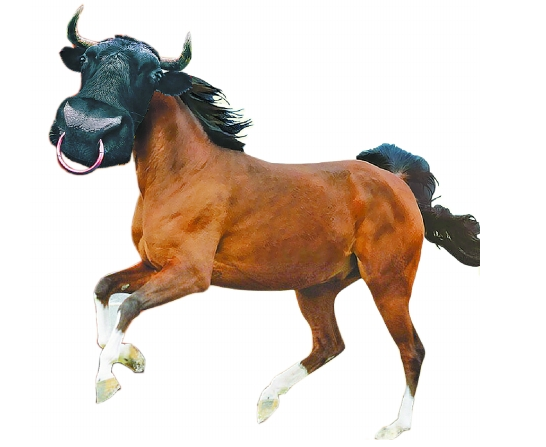Britain The horse-meat scandal

A poll by ComRes, a market-research agency, showed that 7% of respondents had stopped eating meat altogether as a result of the equine scandal. Another survey by Consumer Intelligence, a research firm, found that 6% knew someone who had become vegetarian in reaction to the reports. Holland and Barrett, a health-food chain, reported increased sales in its soya and tofu lines in early February. A meat-free Sunday roast was particularly popular, with sales up by 50%, while vegetarian meatballs had jumped by 30%.
譯文屬譯生譯世











